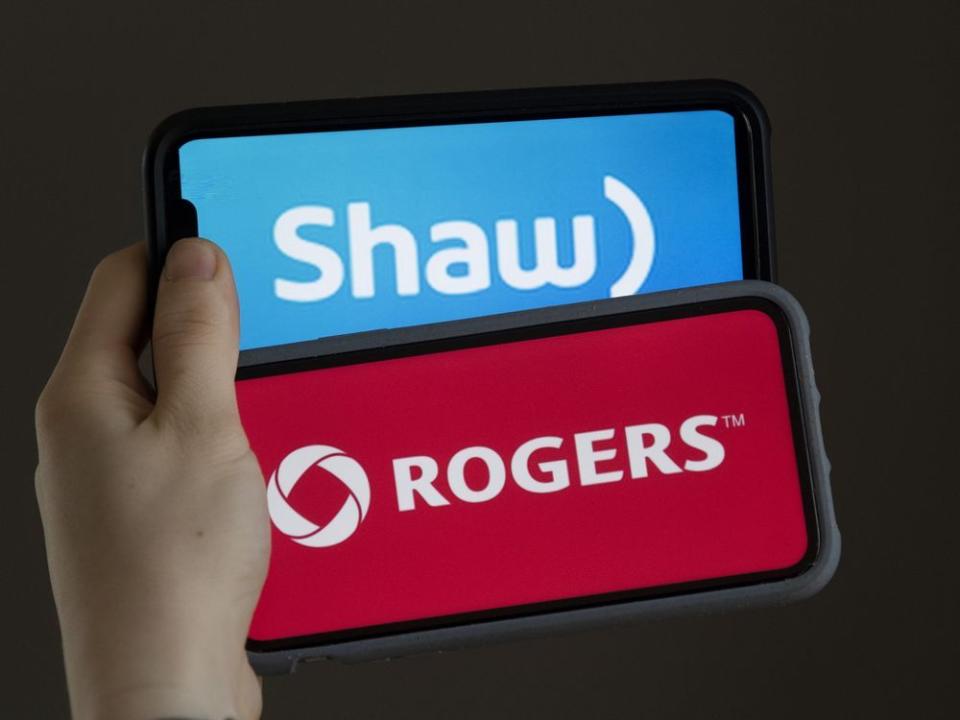Vidéotron makes for 'stronger' fourth competitor than Shaw, expert hired by Rogers tells tribunal

Quebecor Inc.’s Vidéotron will become a fourth competitor in Canada’s wireless market, replacing Shaw Communications Inc. should it be acquired by Rogers Communications Inc., an expert witness said Wednesday at a hearing to decide the fate of the $26-billion acquisition.
Mark Israel, a U.S.-based expert in competition economics hired to testify by Rogers, told the tribunal that the potential merger, which would result in Vidéotron buying Shaw’s Freedom Mobile, will make the Quebec-based telco a “disruptive competitor with strong economic incentives and assets to compete vigorously.”
The statement came in response to the claim by the Competition Bureau, which is trying to block the merger, that the transaction will result in less competition if Shaw is wiped from the market.
“Vidéotron steps into that picture for Shaw but with the combination of spectrum, towers and a near-national presence, Vidéotron is stronger,” Israel said during his testimony, adding that the transaction will instead enhance wireless competition.
While mergers often result in a four-competitor market becoming a three-competitor market, meaning a competitor is lost post-merger, Israel said the transaction between Rogers and Shaw would still leave four competitors in the overall wireless market in relevant provinces.
He added that the merger will result in a “pro-competitive realignment” of wireline and wireless assets, with no reduction in the number of competitors for any product.
Shaw Mobile's competitive threat to Rogers questioned by former Competition Bureau chief economist
Rogers exec reveals his $2-million post-merger bonus during tribunal
Free cash flow from Shaw wireless 'consistently negative' since 2016, merger tribunal hears
The tribunal on Wednesday also heard from Queen’s University economics professor Roger Ware, who argued that wireless services do not qualify as a necessary good — a rebuttal to a point made by a Competition Bureau expert in prior weeks.
“(It’s the same as when) some people choose to own a television, some people don’t. I just don’t see how calling that a necessity helps with that,” said Ware, also hired as an expert by Rogers.
On his public witness testimony, Ware said regulated low-cost plans will continue to be an option after the merger, and that “no analogous group of poor and needy consumers” would lack alternative suppliers of wireless services should prices rise.
Thursday will be the last day of the evidentiary portion of the hearing before oral arguments start on Dec. 13.
• Email: dpaglinawan@postmedia.com | Twitter: denisepglnwn

 Yahoo Finance
Yahoo Finance 